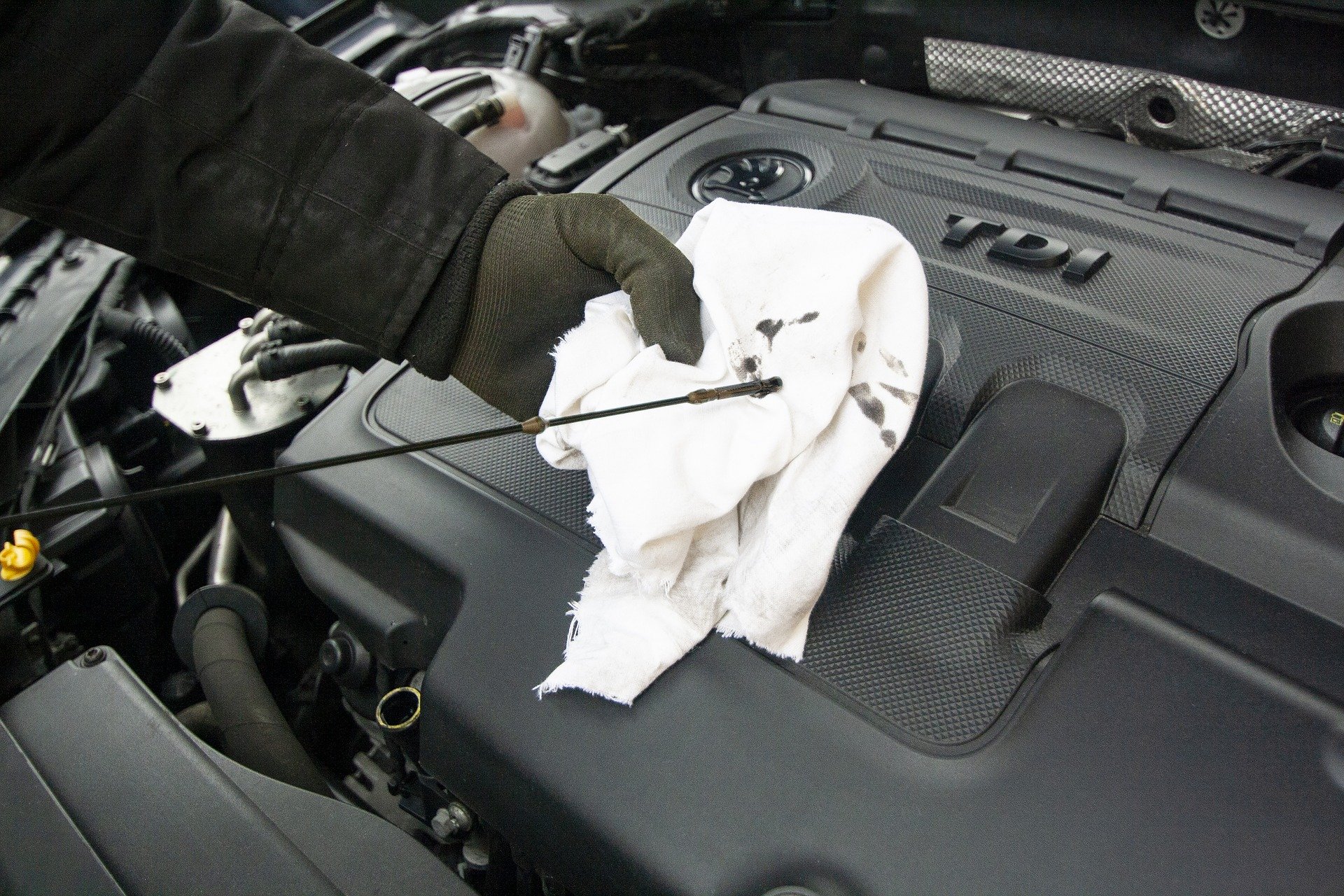6 Signs Your Car Needs An Oil Change

Changing the oil in your car is usually a quick job when performed at your local mechanic's workshop. Lubricating oil in your vehicle is super important to your vehicle's well-being. Good, clean oil improves the performance of your car and extends the life of the engine. So why do many people delay in replacing their oil until there’s a visible problem? A lot of drivers rely solely on mileage as a gauge of when their oil needs to be replaced, but other factors come into play as well, such as the quality of the oil, the age of the car, and how the car is driven. Fresh, clean oil optimizes your vehicle’s performance by lubricating parts and keeping the engine clean and healthy. However, over time, the fluid breaks down and has difficulty performing its duties. Once this begins, your car likely will exhibit at least one of the warning signs below.
1. Check Engine or Oil Change Light
The most obvious alert that there’s an issue with your oil will come from the car itself. The oil change light in your vehicle will illuminate when there’s not enough oil in the system, so check the dipstick to see what’s happening. In worse cases, the check engine light will illuminate. This is your car warning you that things have gotten so bad that the engine is at risk of damage due to problem parts or lack of lubrication.
2. Engine Noise and Knocking
Oil provides a protective layer between engine parts, avoiding metal-to-metal brushing and keeping the engine quiet. If your oil isn’t doing its job properly, the engine noise will increase. In severe cases, you may even hear knocking or rumbling sounds that signify your engine is tearing itself apart bit by bit through lack of lubrication.
3. Dark, Dirty Oil
Clean oil is amber in color and slightly translucent. As it is used, it becomes filled with particles collected from the engine and turns darker. It will not be obvious when this begins to happen, so you must be vigilant and check your engine oil at least once a month. To do this, remove the dipstick and wipe it off before returning it to the oil tank. Now take it out a second time. If you cannot see the dipstick through the oil, it is time for an oil change.
4. Oil Smell Inside the Car
If you smell oil inside the car, it can often mean there's an oil leak. If you also smell fuel or exhaust fumes, the vehicle may be overheating. Either way, you will want to schedule maintenance immediately.
5. Exhaust Smoke
Some clear smoke will always come out of your car’s tailpipe, but if this changes to smoke, it’s time for an engine check-up. You may have faulty engine parts or an oil leak.
6. Excessive Mileage
If you’ve traveled a lot of kilometers in the last month, consider whether you need an oil change sooner than your normal schedule. Every car is different, but most cars should have their oil changed every 4828,032 km or three months. New vehicles usually require a change of oil every 9656,064 km or six months. Check your owner’s handbook for specific guidelines. Consider a high-mileage oil for older vehicles.
Change Oil Promptly

Oil changes are simple and low-priced, and one of the most important things you can do to keep your car from aging prematurely. Having the right level and quality of oil will prevent excessive wear and tear on your engine, ultimately resulting in fewer repairs down the road.
Book your oil change today to avoid any disappointments.
